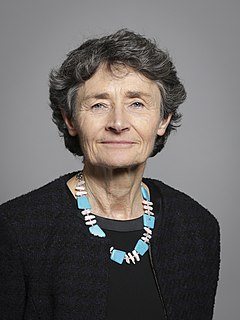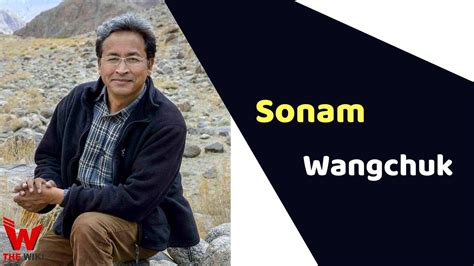A Quote by Ken Robinson
The arts, sciences, humanities, physical education, languages and maths all have equal and central contributions to make to a student's education.
Related Quotes
We need to eliminate the existing hierarchy of subjects. Elevating some disciplines over others only reinforces outmoded assumptions of industrialism and offends the principle of diversity. The arts, sciences, humanities, physical education, languages and maths all have equal and central contributions to make to a student's education.
The great shift... is the movement away from the value-laden languages of... the "humanities," and toward the ostensibly value-neutral languages of the "sciences." This attempt to escape from, or to deny, valuation is... especially important in psychology... and the so-called social sciences. Indeed, one could go so far as to say that the specialized languages of these disciplines serve virtually no other purpose than to conceal valuation behind an ostensibly scientific and therefore nonvaluational semantic screen.
Art that means anything in the life of a community must bear some relation to current interpretations of the mystery of the universe. Our rigid separation of the humanities and the sciences has temporarily left our art stranded or stammering and incoherent. Both art and science ought to be blended in our early education of our children's emotions and powers of observation, and that harmony carried forward in later education.
Everything is humanities. The sciences are a form of the humanities. They involve traditions of inquiry; they involve social engagement with ideas. They do not happen with a naked brain going out and encountering a nonhuman world. And the better we understand ourselves, the better we can do science, as well. So I don't see them - the sciences and the humanities - as being at all different.
My formal education as an extension to my college degree in journalism was the time that I spent working with the student newspaper. I would argue that my greatest education occurred by working for the student newspaper. It wasn't necessarily the classroom work that made my formal education special. It was the idea that I had the opportunity to practice it before I went into the real world.
Education is a matter of the spirit. No wiser word has been said on the subject, and yet we persist in applying education from without. No one knoweth the things of the man except the spirit of man which is in him; therefore, there is no education but self-education, and as soon as a young child begins his education, he does so as a student. Our business is to give him mind stuff. Both quantity and quality are essential.
We are lucky in the United States to have our liberal arts system. In most countries, if you go to university, you have to decide for all English literature or no literature, all philosophy or no philosophy. But we have a system that is one part general education and one part specialization. If your parents say you've got to major in computer science, you can do that. But you can also take general education courses in the humanities, and usually you have to.


































